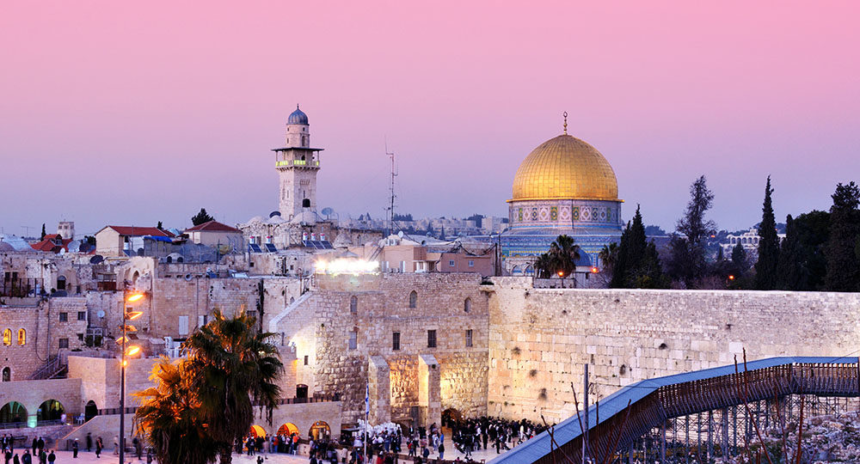Introduction
Jerusalem—often referred to as the Holy City—has been a focal point of faith, conflict, and prophecy for millennia. From the biblical era to modern geopolitics, the city remains a battleground, both physically and spiritually. In this article, we uncover the top 7 biblical facts that shaped Jerusalem’s legacy as a contested holy ground.

1. Jerusalem Is Central to Three Major Religions
Jerusalem holds profound religious significance for Judaism, Christianity, and Islam. It is the site of the ancient Jewish Temple, the crucifixion of Jesus Christ, and the Al-Aqsa Mosque, the third holiest site in Islam. This spiritual intersection fuels deep emotional and territorial ties to the city.
2. King David Made Jerusalem the Capital of Israel
According to the Hebrew Bible, King David conquered the Jebusite city and declared it the capital of a united Israel (2 Samuel 5:6–10). This political and religious unification laid the foundation for Jerusalem’s central role in biblical history.
3. Solomon’s Temple Cemented Its Sacred Status
King Solomon, David’s son, constructed the First Temple on Mount Moriah, establishing Jerusalem as the religious heart of the Jewish people. This temple housed the Ark of the Covenant and became a symbol of divine presence.
4. Jerusalem Was Destroyed and Rebuilt Multiple Times
Jerusalem’s holy structures were destroyed by the Babylonians in 586 BCE and later by the Romans in 70 CE. Each destruction marked a dramatic chapter in biblical prophecy and diaspora, followed by cycles of return and rebuilding.
5. Prophecies Surround the City’s Final Battle
Christian and Jewish eschatology often depict Jerusalem as the site of a final apocalyptic battle. In the Book of Revelation and the Book of Zechariah, the city plays a central role in the end times and the eventual arrival of divine peace.
6. Control Over the Temple Mount Remains a Flashpoint
The Temple Mount, believed to be the site of both Solomon’s and Herod’s Temples, now hosts the Al-Aqsa Mosque and Dome of the Rock. Competing religious claims have made this area one of the most volatile in the world.
7. Modern Political Conflict Echoes Biblical Themes
The modern-day Israeli-Palestinian conflict, particularly around East Jerusalem, often echoes biblical language and symbolism. Both sides invoke historical and scriptural rights, turning a political issue into a spiritual battleground.
Conclusion
Jerusalem’s role as the Holy City is deeply rooted in biblical history, prophecy, and enduring faith. From King David to modern geopolitics, the city has been a symbol of divine promise and human struggle. As religious and political tensions continue, understanding the biblical battles for Jerusalem can shed light on its present-day significance.
Want to learn more? Dive deeper into the history and religious significance of the Temple Mount.









